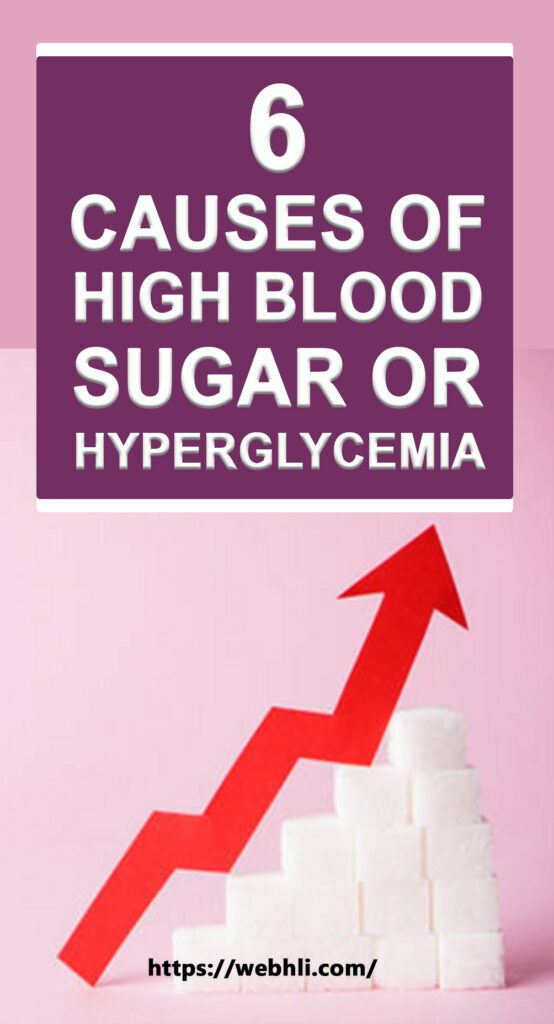
Hyperglycemia, or high blood sugar, is a complication of Type 1 and Type 2 diabetes some people will experience from time to time. While most diabetics know and understand how to deal with low blood sugar, not as much emphasis is placed on what occurs when blood sugar raises too high.
Having hyperglycemia can occur due to a number of reasons. That's why it is important to be able to identify what they are as they happen and how to effectively deal with them:
Check out these related articles, too:
Lower Blood Sugar Levels Right With 5 Food Choices!
Is It Safe For Diabetics to Eat Cranberries?
Choosing a Diabetic Meal Plan to Stop Diabetes Symptoms
High And Low Blood Sugar Levels Chart Provides You With a Clear Idea
10 Tips On How To Reverse Diabetes Naturally
1. Too much food. While it is not always feasible to expect diabetics to never indulge, there are going to be times it raises your blood sugar way too high. If you find yourself in the situation of being around lots of food, try to focus your compulsion to overeat on less harmful foods. If you know you are going to want dessert, plan ahead by leading up to it with as many "good" food choices as possible.
2. Alcohol. It is always a risk when a diabetic drinks. Alcohol is notorious for being high in calories, carbs and sugar. It doesn't take much to throw your entire metabolism out of whack. If you are going to drink, follow the same rule that applies to food: moderation.
When you drink, your liver becomes obsessed with clearing the alcohol from your bloodstream instead of what it should be doing, releasing glucose to maintain steady blood sugar levels.
3. Illness. When you are ill, your immune system becomes compromised. But your metabolism, hormone balance and other systems are also fighting to position themselves back to normal. If you are ill, it is important you keep a close watch on your insulin and how your body reacts when you are taking it. Keeping an eye on your food intake has also never been more important.
4. Stress. When stress levels increase, so does cortisol. Once cortisol levels go too high, they can throw off your entire hormonal balance. Even though some people can handle more stress than others, in the end, diabetics suffer more ill effects from it than non-diabetics.
5. Maintaining a stationary lifestyle. Exercise is necessary to help maintain a healthy blood sugar level from both drastic lows and highs. Exercise not only burns off excess fat and calories, but it also increases your muscle mass which also improves your blood sugar level.
6. Too much extra weight. Carrying too much weight, especially around your midsection, is a common problem for people with Type 2 diabetes. It throws off:
- your body's hormones,
- decreases the effectiveness of glucose,and
- inhibits the proper burning of calories.
Diabetes Foods to Eat – You Have a Lot to Eat Without Fear
Amazing Diabetics Breakfast Ideas
10 Diabetic Foods to Avoid for Blood Sugar Control
Any, or all, of these can contribute to high blood sugar levels.
Type 2 diabetes is no longer a condition you must just live with. It need not slowly and inevitably get worse. Now is the time to take control of the disease... and take back your life. Just make one easy change to your daily routine each week or so. You can do it!
For nearly 25 years Beverleigh Piepers has searched for and found a number of secrets to help you build a healthy body.
The answer isn't in the endless volumes of available information but in yourself.
Article Source: http://EzineArticles.com/7232685

 Protected by Patchstack
Protected by Patchstack